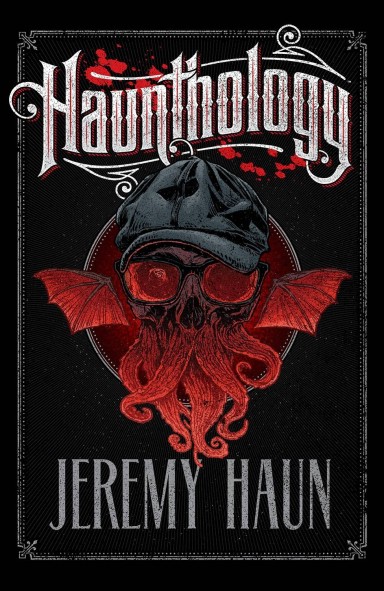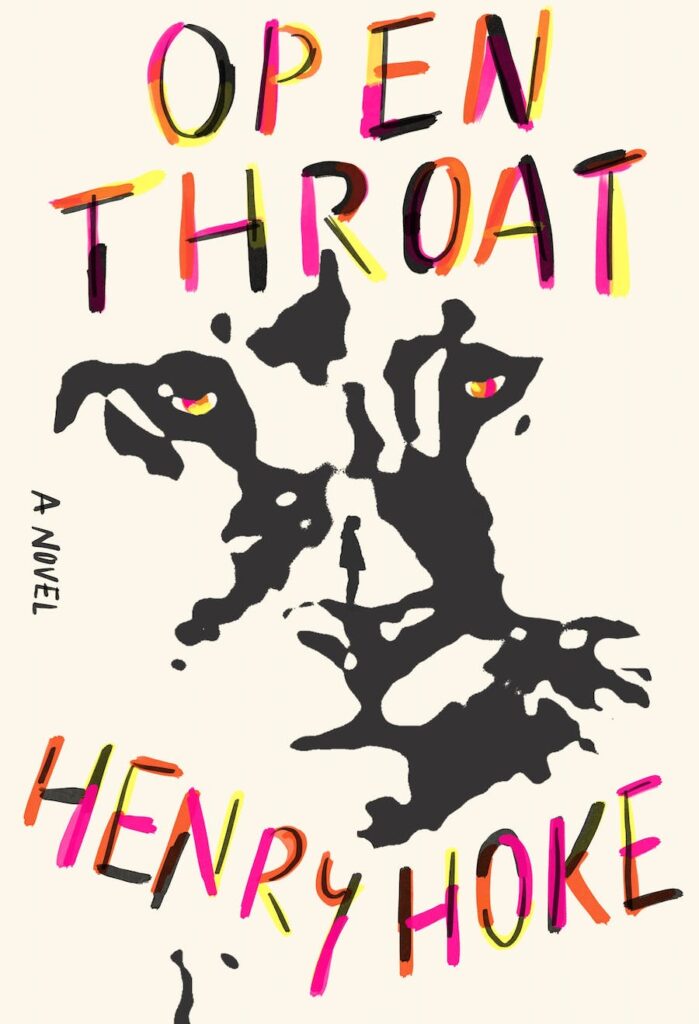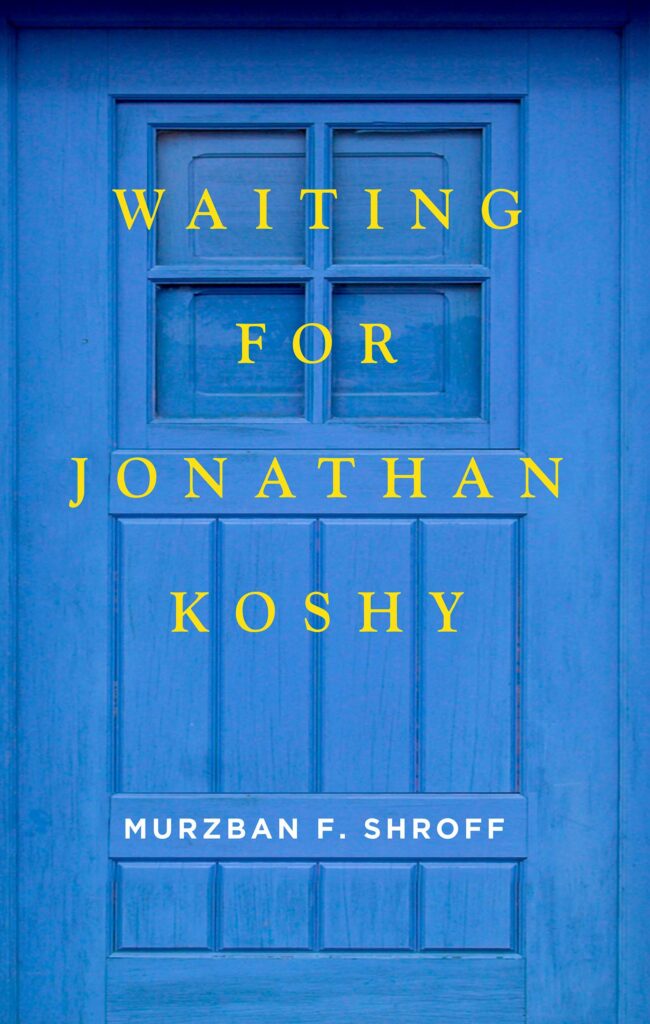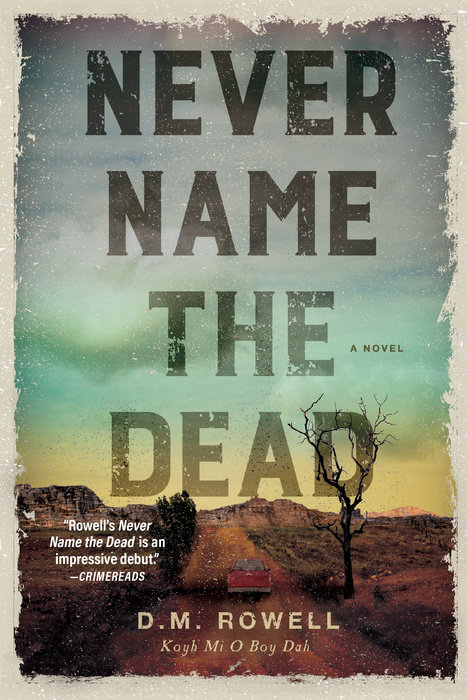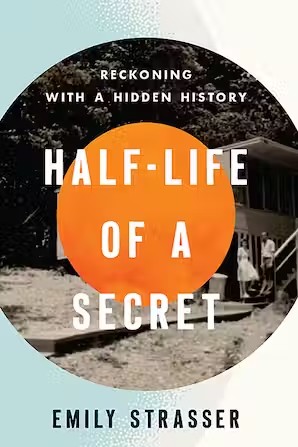
“I felt … drawn to the desert where fire blossomed in silence,
sprouting from a great, featureless plain that
could have been the end of the world or the beginning.”
Emily Strasser’s Half-Life of a Secret is ostensibly about unraveling the mystery of her grandfather George, who was a scientist at Oak Ridge. In George’s time, Oak Ridge was a secret city, lesser-known than its sister Los Alamos, but built to do the same work—the construction of nuclear arms. George is, in turn, a man of secrets, one who was an intelligent, high-ranking official but also suffered from mental illness. Strasser attempts to uncover his history in order to better understand him as the patriarch of her family as well as a person who participated in the construction of the bomb that killed upwards of 135,000 people in Hiroshima and Nagasaki.
